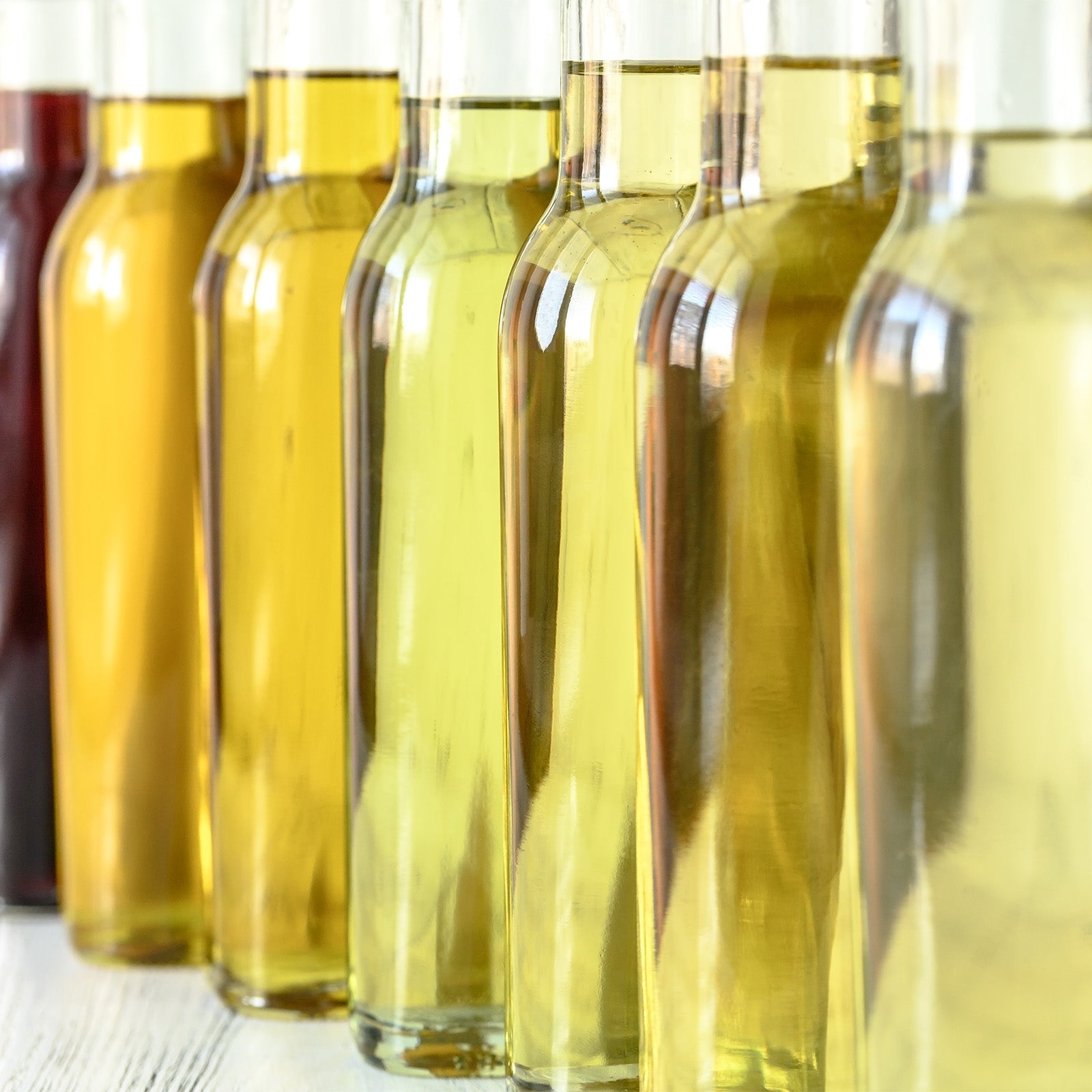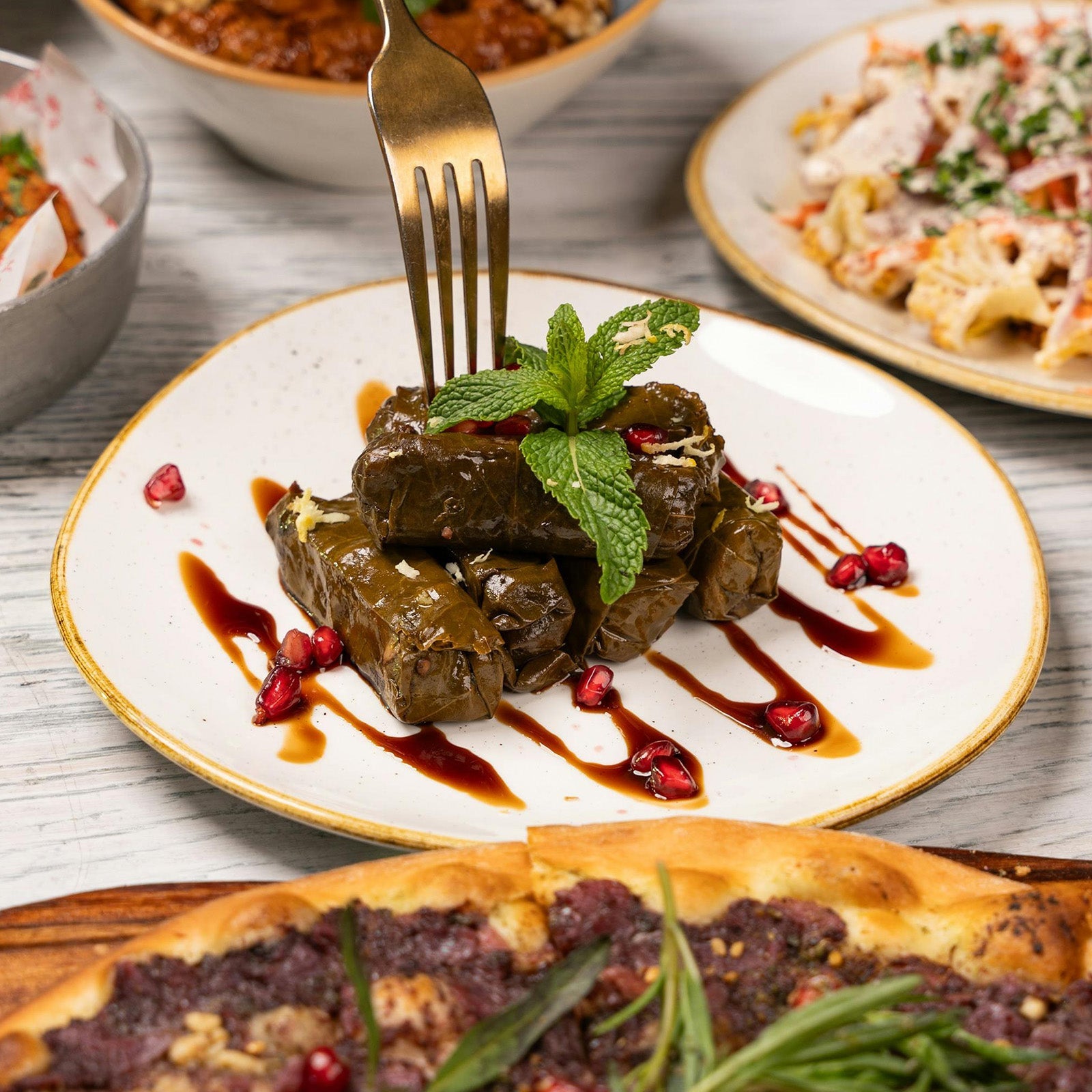
As CEO of Zina’s Fine Foods, a family-owned company rooted in handcrafted quality, I’ve seen firsthand the delicate balance required to create food that meets health standards while appealing to consumers. My family founded Zina’s in a small New Jersey kitchen in 1983, focused on crêpes and soups. Today, our reach spans over 6,000 stores nationwide, offering salads, pasta dishes, and ready-to-eat meals—all made with a commitment to high-quality, “better-for-you” ingredients. But this success hasn’t come without challenges, especially when consumer preferences collide with rising costs and regulatory changes.
Robert Kennedy Jr.’s proposals to eliminate artificial dyes and reduce seed oils in food production highlight these very tensions. While his policies aim to improve public health, the ripple effects on pricing, consumer perception, and food production practices cannot be ignored. For businesses like mine, the question isn’t whether these changes are necessary—they are—but how we implement them in ways that are sustainable and practical for both producers and consumers.
The Price of Change
Let’s talk about the most immediate impact of these policies: cost. Making food healthier often comes with a hefty price tag. Artificial dyes, for example, are cheap and widely available. They’ve been a staple in the industry because they’re easy to use and can last longer on the shelf. Replacing them with natural alternatives like beetroot, turmeric, or spirulina extracts isn’t just more expensive—it’s logistically more complex. These ingredients are more sensitive to temperature and light, requiring specialized storage and processing.
Seed oils tell a similar story. Canola and soybean oils dominate the market because they’re cost-effective, neutral in flavor, and produced at scale. Transitioning to alternatives like avocado, olive, or coconut oil involves significantly higher costs. At Zina’s, we’ve already switched to organic sunflower oil in many of our recipes, which we believe is a “better-for-you” option. But even this choice is costlier than seed oils, and avocado oil—another favorite among health-conscious consumers—costs three times as much as organic sunflower oil. These numbers aren’t theoretical; they’re real costs that manufacturers like us grapple with every day.
For consumers, these changes mean higher grocery bills. If producers are forced to absorb the increased costs, it could threaten the viability of small and mid-sized businesses. The challenge is finding a way to implement these changes without alienating price-sensitive shoppers.
The Taste Question
Will these changes alter the taste of your favorite foods? It’s a question I hear often, and the answer is nuanced. Artificial dyes don’t impact flavor, but they do affect how food is perceived. Bright, vibrant colors make products more appealing, especially to children. Natural dyes can achieve the same look, but the process is more expensive and time-consuming.
Seed oils, meanwhile, are chosen for their neutral flavor profiles, which don’t interfere with the intended taste of foods. Substituting them with oils like olive or avocado may slightly alter the flavor of some products, but in most cases, the difference is imperceptible. At Zina’s, we’ve tested various oils and found that most consumers can’t tell the difference. However, what consumers think they taste can be influenced by how a product is marketed.
Why “Healthy” Still Scares Consumers
Here’s a truth many in the industry don’t like to admit: consumers often claim they want healthier products, but their purchasing behavior says otherwise.
At Zina’s, we’ve seen this dynamic play out in surprising ways. When we first introduced our Vegan Quinoa Salad, sales were underwhelming despite the quality and flavor of the product. The same recipe, rebranded as Mediterranean Quinoa Salad, saw a 100% increase in sales. The word “vegan” created a psychological barrier for many consumers, even though nothing about the product changed.
This highlights a critical issue: consumers often associate “healthy” with “less indulgent” or “less flavorful,” even when it’s not true. To successfully implement RFK’s policies, the industry will need to tackle these perceptions head-on.
The Bigger Picture
The debate around seed oils is particularly complicated. Critics often label oils like canola and soybean as unhealthy, but the science isn’t always clear-cut. Meanwhile, alternatives like avocado oil, while healthier in some respects, have their own environmental downsides, including high water usage and limited agricultural scalability. There’s no perfect solution, only trade-offs.
But one thing is certain: government intervention in food production has a role to play in guiding healthier choices. By creating incentives for manufacturers to adopt cleaner ingredients—rather than imposing rigid mandates—policymakers can encourage innovation while minimizing economic strain.
What This Means for You
If RFK’s policies come to fruition, here’s what you can expect:
- Higher Prices: Healthier ingredients are more expensive, and those costs will likely trickle down to consumers.
- Same Great Taste: Your favorite foods will still taste good—visual and marketing tweaks will likely have more impact than actual flavor changes.
- A Healthier Future: Cleaner ingredients mean fewer artificial additives and processed oils in your diet, a win for public health.
At Zina’s, we’ve spent decades balancing quality, affordability, and health-conscious choices. From handcrafting recipes to using premium natural ingredients, we know what it takes to deliver products that meet consumer expectations without breaking the bank. But we also understand the challenges of making healthier food accessible to all.
RFK’s vision for healthier food is admirable, but it requires collaboration—between policymakers, manufacturers, and consumers. Together, we can build a food system that prioritizes health without sacrificing affordability or taste.
—
Valentin Chelnokov is the CEO of Zina’s Fine Foods, a New Jersey-based artisanal salad manufacturer serving over 6,000 stores nationwide.






